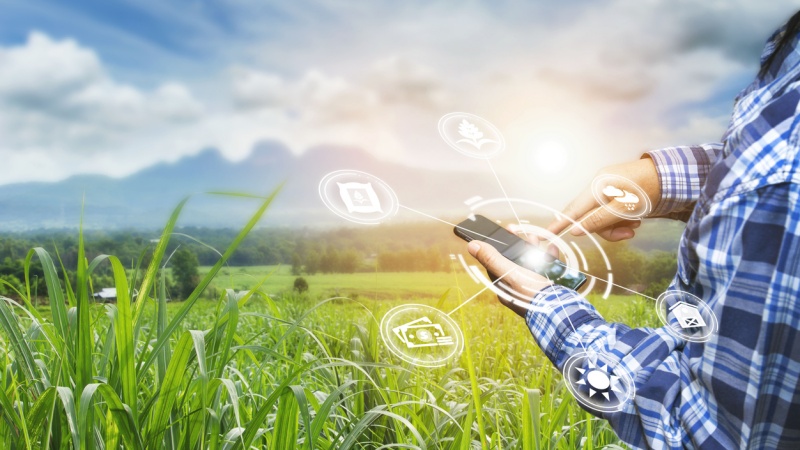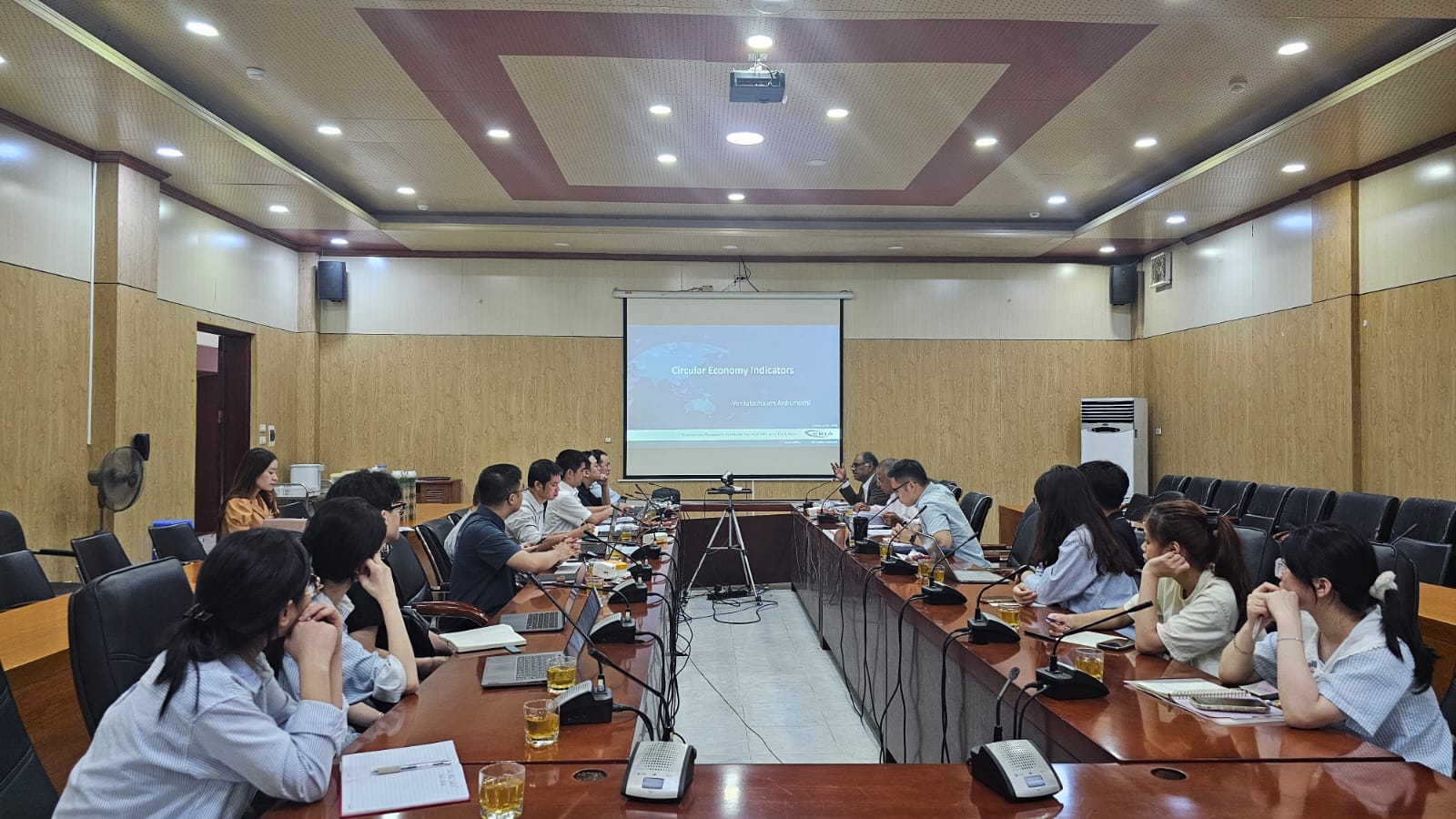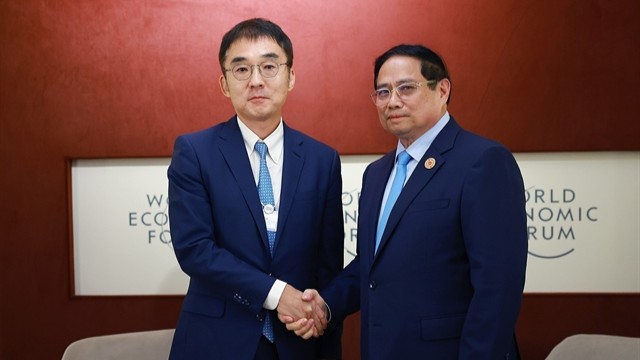Enhancing Food Supply Chain Resilience and Food Security in ASEAN with Digital Technologies
Date:
16 July 2021Category:
NewsShare Article:
Print Article:
Jakarta, 16 July 2021: Digital technologies are changing agriculture and food systems and can help governments improve the efficiency and effectiveness of existing policies and programs as well as contribute to the design of better ones. ASEAN food security can be greatly enhanced through the application of new technologies including 1) ‘smart farming’ based on digitalized, aggregated and analysed data and information, 2) real-time information availability for farms and fisheries, 3) procurement of farming inputs and selling product through digital marketplaces and 4) food and agricultural products with digital ID for supply chain traceability.
These opportunities were the basis for discussions at an ERIA working group meeting on ERIA’s study ‘Enhancing Food Supply Chain Resilience and Food Security in ASEAN with Utilization of Digital Technologies’. The meeting was attended by the study working group members as well as experts from universities and research institutes in Asia, Europe and America. Representatives from the ASEAN Secretariat and the Ministry of Agriculture, Forestry and Fisheries of Japan attended as guest speakers.
Dr Venkatachalam Anbumozhi, ERIA Director of Research Strategy and Innovation, opened the meeting with a progress report on the project, followed by opening remarks from Ms Yutaka Arai, Vice Minister of Ministry of Agriculture, Forestry and Fisheries, Japan, and Dr Pham Quang Minh, Head of Food, Agriculture and Forestry Division, ASEAN Secretariat.
In her remarks, Vice Minister Arai stressed the importance of ensuring resilient agricultural supply chains, building up sound agricultural production systems, and improving the sustainability of the agri-food sector through more investments in digital and other advanced technologies. She also announced that in May, Japan launched a Strategy for Sustainable Food Systems which will both enhance productivity potential and ensure sustainability through innovation in the agri-food sectors. Dr Minh of the ASEAN Secretariat emphasized the application of digital technologies to address the adverse impacts of COVID-19 on food and agriculture
Discussions focused on the progress and prospect of digital agriculture by country and region. More specifically, study team members from the United States (University of Wisconsin), Europe (University of Technology, Wien), Japan (University of Tokyo) and ASEAN (Nanyang Technological University) reported the progress of each country/regional study on digital agriculture. The meeting also addressed the impact of Covid19 on agriculture and food security in ASEAN and how digital technologies could be adopted to enhance resilience in the case of future shocks, prepared by University of Missouri and International Food Policy Research Institute (IFPRI).
After each presentation, experts from Japan, Korea, Malaysia, the Philippines and Thailand provided comments on each study before the floor was opened to discussion among all participants. Participants discussed the necessary actions of stakeholders to achieve a digitized ASEAN agriculture sector, such as sharing of best practices, development of harmonized language for interoperability across data application in agriculture, and ‘quad-partnerships’ (private sector, universities and research centers, government, farmer cooperatives) for e-commerce and agricultural extension.
At the end of the meeting, next steps and follow-up activities were anoounced for the completion of the study, and the meeting was closed with remarks by ERIA Policy Fellow, Masanori Kozono, stressing the importance of meaningful and high-quality outcomes of the project.








